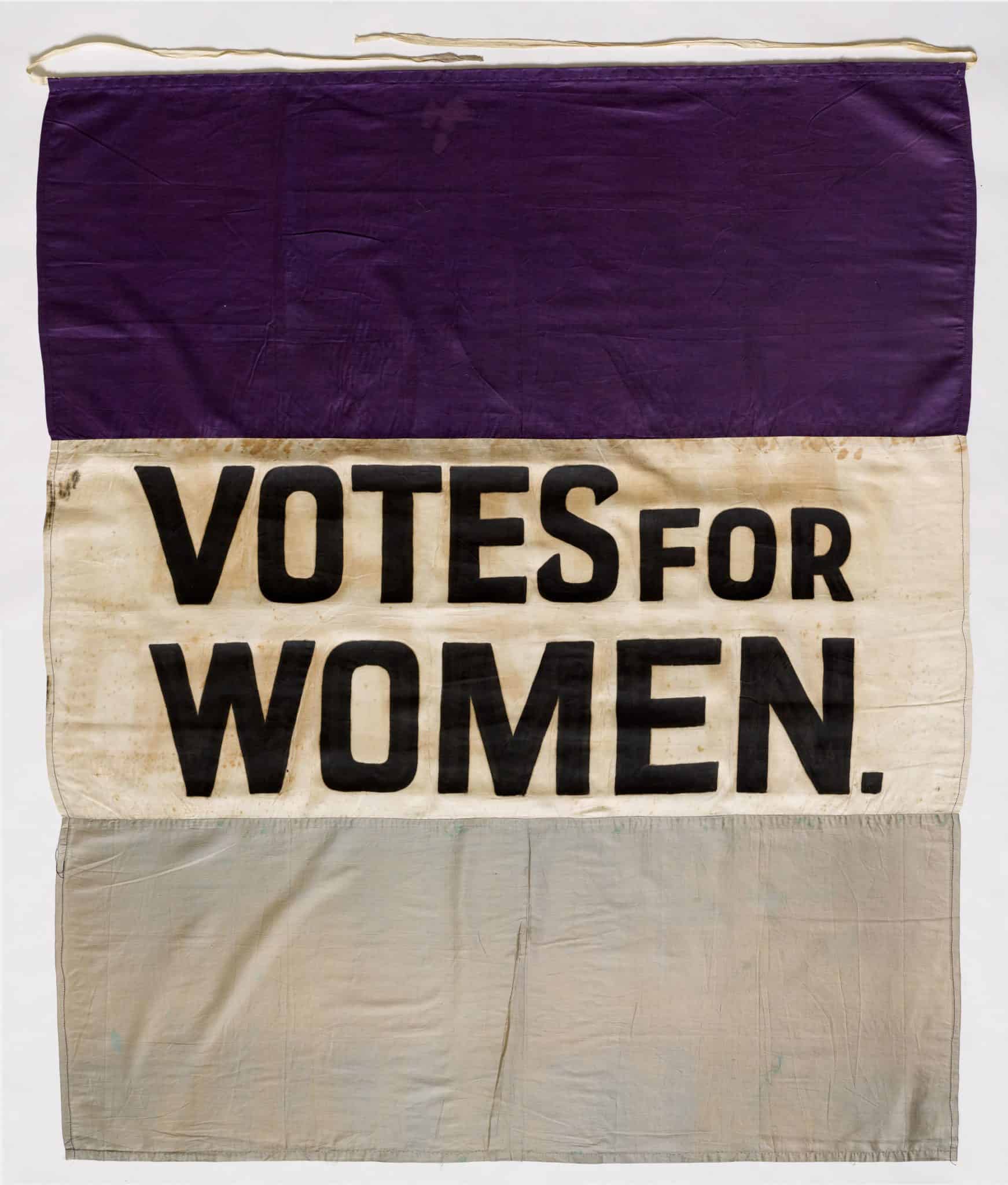
Leigh Thomas is a student at Harvard Law School.
Yesterday marked one hundred years since the enactment of the Nineteenth Amendment. Chabeli Carrazana writes on the key role the labor movement played in the fight for women’s suffrage. The Triangle Shirtwaist Factory fire was a pivotal moment galvanizing working women in the fight for voting rights. Carrazana draws parallels to modern labor struggles driving women’s vote in the 2020 election. Women have been disproportionately affected by job loss and loss of child care, and they are more likely to be essential workers returning in unsafe conditions. Black women and Latinx women are even more severely affected by the current economic downturn. As child care, workplace safety, and liability protections for businesses become key issues in the upcoming election, unions are once more taking an active role in getting out the vote.
In response to their continually evolving conflict with the state of California over the enforcement of state labor laws, both Uber and Lyft are contemplating plans to license their brands in a franchise-like model. Under this model, Uber and Lyft would allow vehicle fleets in California to use their ride-hailing software. Doing so will potentially allow the companies to continue avoiding treating their drivers as employees, The New York Times reports. A franchise model would strengthen Uber and Lyft’s arguments that their primary business is technology rather than transportation, as they would be offering their software to other businesses to establish ride-hailing fleets. Uber and Lyft can better escape enforcement of AB-5, California’s labor law the companies are currently refusing to comply with, if transportation is outside the core of their business. Rund covered the latest in the California AG’s case against Uber and Lyft to enforce AB-5 and force the companies to treat their drivers as employees. Both companies are waiting to see how their lawsuit and proposed ballot measure, Proposition 22, turn out before implementing these plans.
Continuing our coverage of the conflict over school reopening in Florida: Florida’s largest teacher’s union will move forward to pre-trial hearings after an attempt at mediation with the state’s department of education failed yesterday. The parties had a deadline of midnight Tuesday to come to a compromise in their dispute over whether and how to safely reopen Florida schools. The teachers seek an injunction to stop the reopening of schools until it is safe to do so, and to prevent funding decreases to districts that decide it is unsafe to reopen. The NAACP and the NAACP Florida chapter joined the lawsuit as plaintiffs on Monday. Several Florida school districts have already begun in-person instruction, with more scheduled to do so this Friday.
Teachers in the Cypress-Fairbanks Independent School District will be forced to return in person for training after a Texas Supreme Court ruling this Sunday. The court overturned a lower court’s injunction preventing teachers from being forced to physically be in a school building before the first day of class. The Cy-Fair American Federation of Teachers called the decision “disheartening,” but vowed to keep speaking up for the safety of the community. Teachers unions are also speaking out against district reopening plans in Idaho, Connecticut, and Mississippi.
In response to consternation from Congress that high unemployment benefits are discouraging workers from returning to work, Maureen Conway writes in POLITICO that the real problem is low wages. Conway argues Congress must focus on what are actual barriers to return to work: childcare access, workplace health and safety, and lack of available jobs. Rather than merely encouraging people to work, Congress must encourage safe jobs that allow workers to support themselves. This can be achieved through multiple means including raising the minimum wage, and building a robust public system for child care and health care.
Postmaster General Louis DeJoy announced Tuesday that he would suspend changes to mail service until after the fall election. The announcement comes in response to concerns voiced by Democrats that President Trump appeared to be hampering the vote-by-mail process by disrupting the delivery of ballots by the USPS. DeJoy stated mail processing equipment and collection boxes will remain where they are and no mail processing facilities will be closed. Several Democratic state Attorneys General, who had been poised to challenge DeJoy in court, remain skeptical. Maryland Attorney General Brian Frosh said DeJoy’s statements were “a promise that I don’t think we can take at face value.” Some postal union leaders also expressed doubts about DeJoy’s statements, noting that there are no apparent plans to return the dozens of sorting machines that have been removed or dismantled in recent weeks.






Daily News & Commentary
Start your day with our roundup of the latest labor developments. See all
February 13
Sex workers in Nevada fight to become the nation’s first to unionize; industry groups push NLRB to establish a more business-friendly test for independent contractor status; and UFCW launches an anti-AI price setting in grocery store campaign.
February 12
Teamsters sue UPS over buyout program; flight attendants and pilots call for leadership change at American Airlines; and Argentina considers major labor reforms despite forceful opposition.
February 11
Hollywood begins negotiations for a new labor agreement with writers and actors; the EEOC launches an investigation into Nike’s DEI programs and potential discrimination against white workers; and Mayor Mamdani circulates a memo regarding the city’s Economic Development Corporation.
February 10
San Francisco teachers walk out; NLRB reverses course on SpaceX; NYC nurses secure tentative agreements.
February 9
FTC argues DEI is anticompetitive collusion, Supreme Court may decide scope of exception to forced arbitration, NJ pauses ABC test rule.
February 8
The Second Circuit rejects a constitutional challenge to the NLRB, pharmacy and lab technicians join a California healthcare strike, and the EEOC defends a single better-paid worker standard in Equal Pay Act suits.